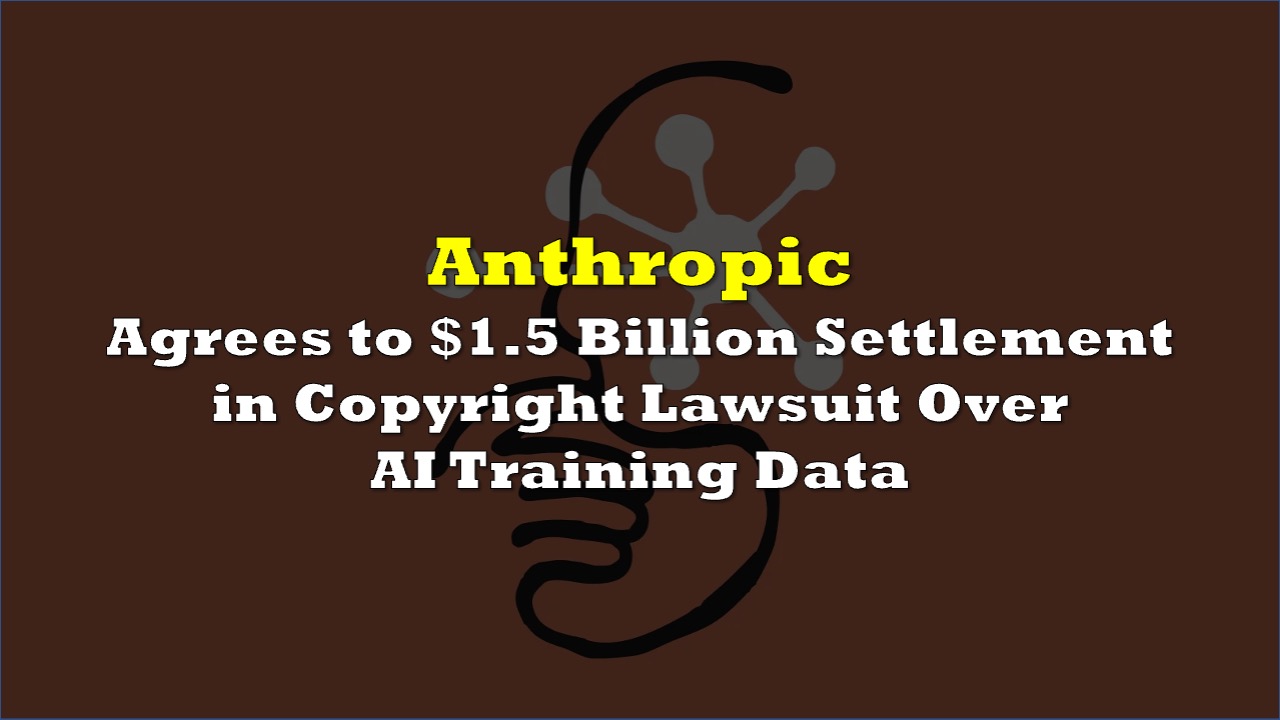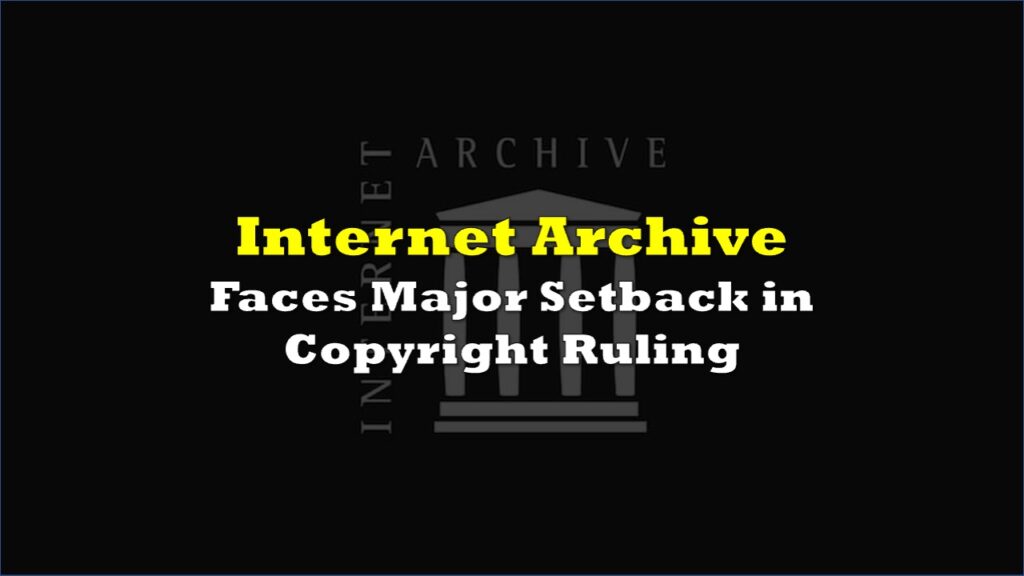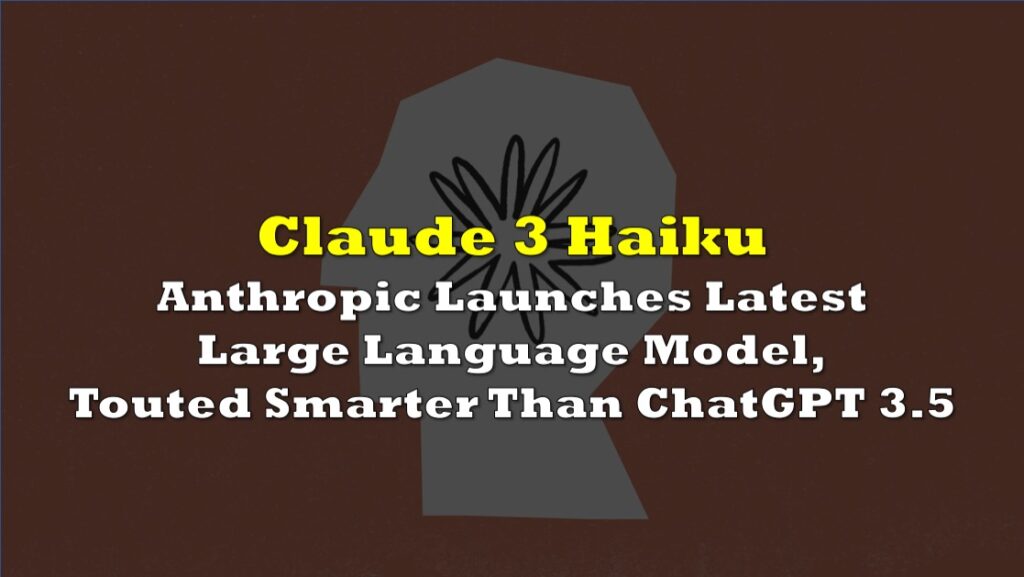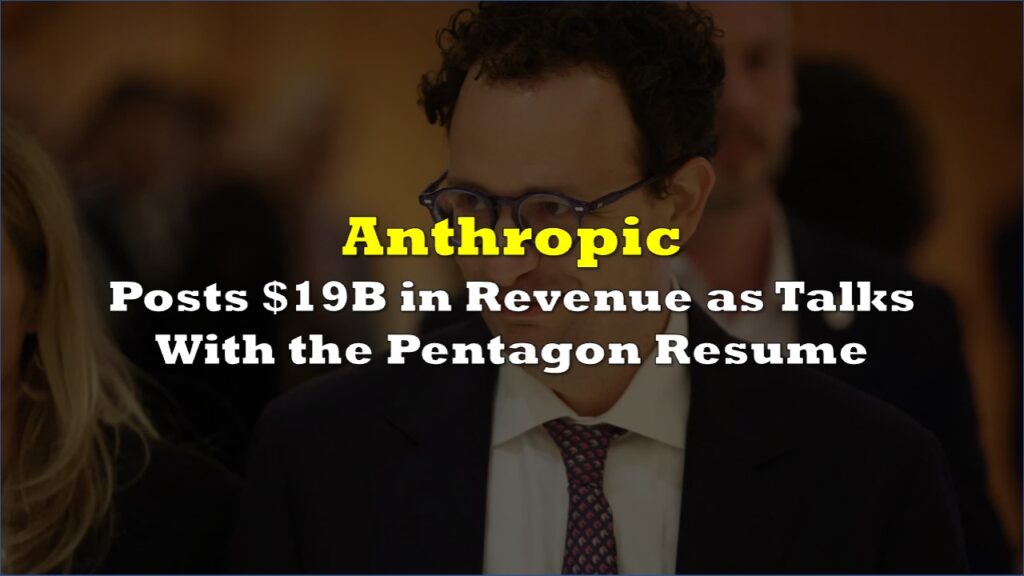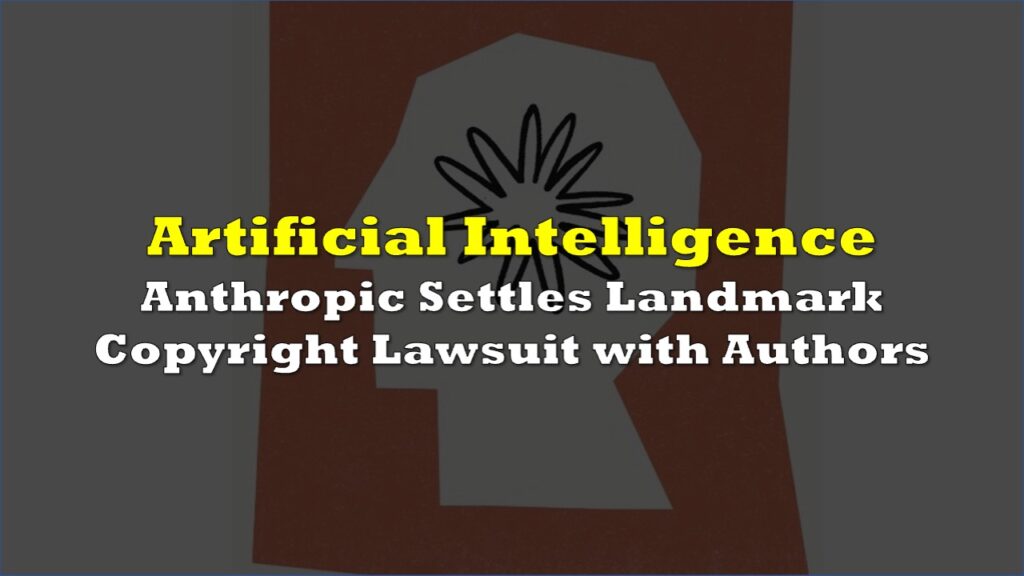Anthropic has agreed to pay at least $1.5 billion to settle a class-action lawsuit alleging it illegally used pirated books to train its Claude artificial intelligence models, according to court documents filed Thursday.
The settlement, if approved by a federal judge, would be the largest publicly reported copyright recovery in US history and the first major resolution in the wave of copyright lawsuits against AI companies.
Just in: details of the Anthropic class action settlement filed for court approval.
— Rob Freund (@RobertFreundLaw) September 5, 2025
Anthropic agrees to $1.5 BILLION paid to the class members.
"The largest publicly reported copyright recovery in history" ! pic.twitter.com/rOODLVLbeY
The lawsuit, filed by authors Andrea Bartz and Charles Graeber along with their publishing companies, accused Anthropic of downloading approximately 500,000 copyrighted books from pirate websites Library Genesis and Pirate Library Mirror without permission. The downloaded works were allegedly used to train Anthropic’s Claude AI system.
Read: Anthropic Settles Landmark AI Copyright Lawsuit with Authors
Under the proposed settlement, each copyrighted work would receive approximately $3,000, with payments distributed over two years. Anthropic must also destroy the original pirated files and any copies derived from them within 30 days of final court approval.
US District Judge William Alsup previously ruled that Anthropic’s use of the pirated material was “inherently, irredeemably infringing,” partially denying the company’s fair use defense in a summary judgment motion.
The settlement covers only past conduct through August 25, 2025. Future copyright claims and any allegations related to AI-generated outputs are not included in the release.
“This settlement sends a strong message to the AI industry that there are serious consequences when they pirate authors’ works to train their AI,” said Mary Rasenberger, CEO of the Authors Guild, in a statement supporting the agreement.
The case is a significant legal precedent as courts grapple with how copyright law applies to AI training. Other major AI companies including OpenAI, Meta (Nasdaq: META), and Google (Nasdaq: GOOG) face similar lawsuits from publishers and authors.
Anthropic had argued its use of the books constituted fair use, the same defense that succeeded for Google in a 2015 appeals court ruling over its book digitization project. However, the court distinguished Anthropic’s case because it involved downloading from known pirate sites rather than legitimately obtained books.
The settlement requires preliminary approval from Judge Alsup before class members can be notified. A final approval hearing would follow, with the earliest payments beginning after all appeals are resolved.
Information for this story was found via the sources and companies mentioned. The author has no securities or affiliations related to the organizations discussed. Not a recommendation to buy or sell. Always do additional research and consult a professional before purchasing a security. The author holds no licenses.

